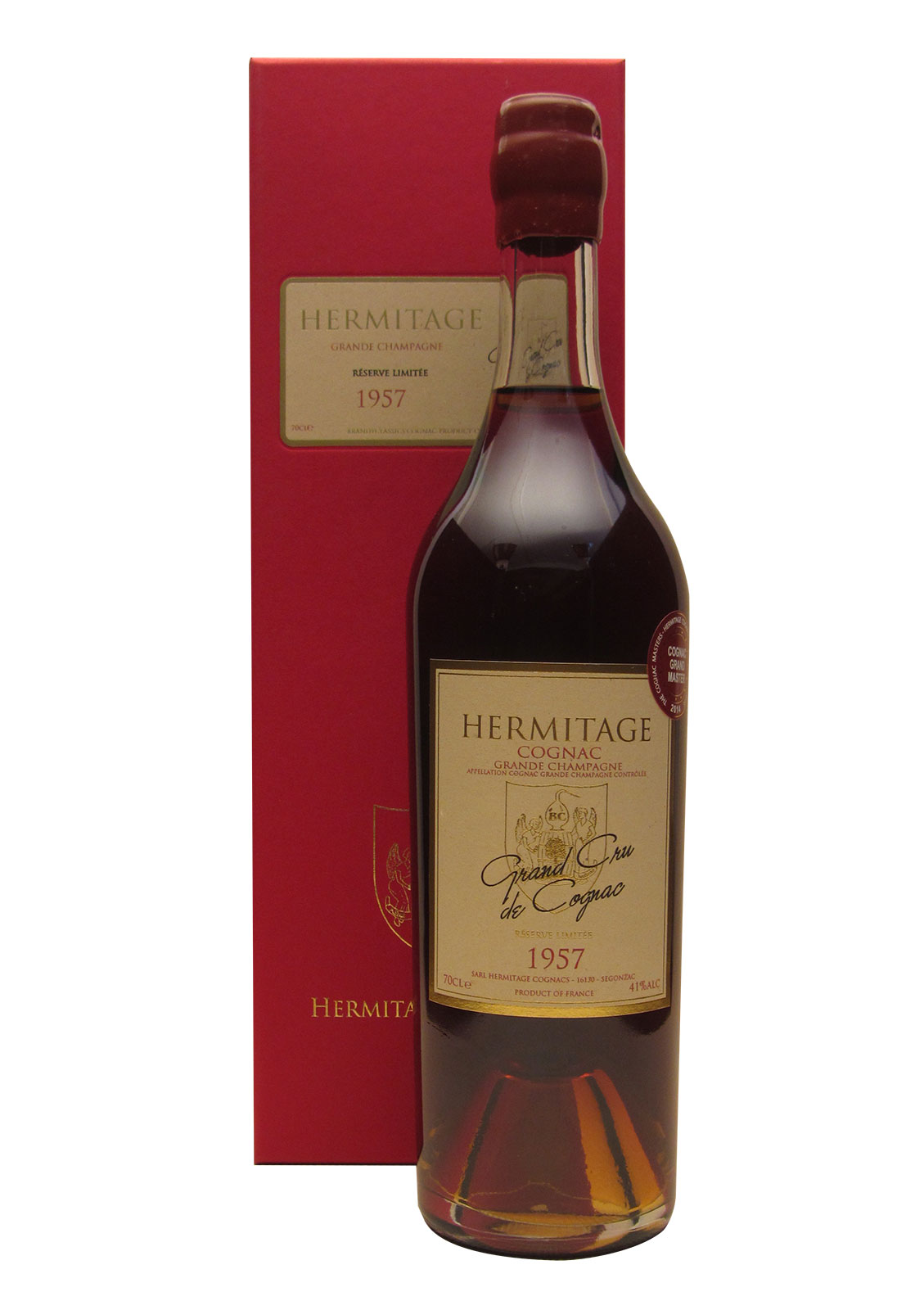Coronavirus Impact On Trade
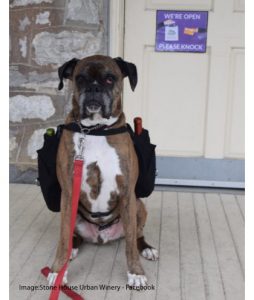 There cannot be a soul who has not been affected by the current coronavirus pandemic but the On Trade has been hit particularly hard. With pubs and restaurants closed worldwide their future is uncertain. A bitter blow, especially as the ONS recently reported that the number of pubs and bars operating in the UK rose last year for the first time in a decade. Here in the UK staff have been furloughed and emergency legislation has given all commercial properties a 3 month rent reprieve. In other attempts to keep the industry afloat, the WTSA called for the collection of alcohol duty to be suspended for 6 months and denounced the timing of the Scottish government’s move to introduce a bottle deposit return scheme. UK duty did not get suspended, but the government did add off-licences to the list of businesses deemed “essential” during the lockdown. One trader in Maryland is trying to keep service going by using its pet boxer dog to deliver orders to the public in the carpark. This follows the WHO advice that pets cannot carry the virus. We have certainly seen some ingenious ways to keep businesses running recently. We are all grateful to the many spirits producers who have turned their skills and equipment to making alcoholic hand sanitisers. Who knows how long the demand for it will go on!?
There cannot be a soul who has not been affected by the current coronavirus pandemic but the On Trade has been hit particularly hard. With pubs and restaurants closed worldwide their future is uncertain. A bitter blow, especially as the ONS recently reported that the number of pubs and bars operating in the UK rose last year for the first time in a decade. Here in the UK staff have been furloughed and emergency legislation has given all commercial properties a 3 month rent reprieve. In other attempts to keep the industry afloat, the WTSA called for the collection of alcohol duty to be suspended for 6 months and denounced the timing of the Scottish government’s move to introduce a bottle deposit return scheme. UK duty did not get suspended, but the government did add off-licences to the list of businesses deemed “essential” during the lockdown. One trader in Maryland is trying to keep service going by using its pet boxer dog to deliver orders to the public in the carpark. This follows the WHO advice that pets cannot carry the virus. We have certainly seen some ingenious ways to keep businesses running recently. We are all grateful to the many spirits producers who have turned their skills and equipment to making alcoholic hand sanitisers. Who knows how long the demand for it will go on!?

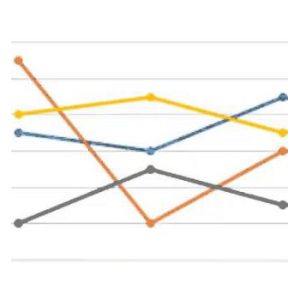 William Grant & Son’s Spirit Trends 2020 Report has identified some key trends in the drinks sector. The report says that there is “an upward shift in spending on more meaningful experiences, driving premiumisation in the spirits industry”. Nearly 90% of consumers are likely to treat themselves in the forthcoming year, supporting the upward trend of luxury brand performances across the On and Off Trade sectors. Authenticity is also key with almost half of UK consumers wanting brands to have a point of view and to stand for something. A heightened access to information and awareness of all matters related to health, has resulted in the customer looking for more transparency and simplicity regarding diet and nutrition. From this report we can see it is becoming more and more important to state exactly what is in the bottle. We have always tried to do this by ensuring that all our
William Grant & Son’s Spirit Trends 2020 Report has identified some key trends in the drinks sector. The report says that there is “an upward shift in spending on more meaningful experiences, driving premiumisation in the spirits industry”. Nearly 90% of consumers are likely to treat themselves in the forthcoming year, supporting the upward trend of luxury brand performances across the On and Off Trade sectors. Authenticity is also key with almost half of UK consumers wanting brands to have a point of view and to stand for something. A heightened access to information and awareness of all matters related to health, has resulted in the customer looking for more transparency and simplicity regarding diet and nutrition. From this report we can see it is becoming more and more important to state exactly what is in the bottle. We have always tried to do this by ensuring that all our 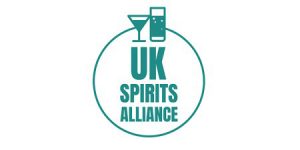 An international group has been formed to tackle issues experienced in the complex and changeable spirits industry. Brexit, trade wars, counterfeiting and debilitating taxes are just a few of the problems that the World Spirits Alliance (WSA) is looking to address. Comprising spirits companies and trade groups the WSA will represent the industry in front of international organisations such as the World Trade Organization, the World Health Organization and the United Nations. Just last month the UK launched its own Spirits Alliance with the aim of “protecting and nurturing the growth of UK spirits”. Its immediate campaign is to stop any further increase of duty on UK spirits. Currently the government states that spirits duty will go up by the retail price index (RPI) in this year’s Budget. This is extremely disappointing as 65% of the nation’s distillers have reported increased sales of spirits since chancellor Philip Hammond froze spirits duty in the 2018 Autumn Budget. Spirit duty rates in the UK have increased from £21.35 per litre of pure alcohol in 2008 to £28.74 in 2019, the fourth highest rate in Europe and one of the highest rates in the world. The price of a bottle of cognac sold at 40%abv, such as
An international group has been formed to tackle issues experienced in the complex and changeable spirits industry. Brexit, trade wars, counterfeiting and debilitating taxes are just a few of the problems that the World Spirits Alliance (WSA) is looking to address. Comprising spirits companies and trade groups the WSA will represent the industry in front of international organisations such as the World Trade Organization, the World Health Organization and the United Nations. Just last month the UK launched its own Spirits Alliance with the aim of “protecting and nurturing the growth of UK spirits”. Its immediate campaign is to stop any further increase of duty on UK spirits. Currently the government states that spirits duty will go up by the retail price index (RPI) in this year’s Budget. This is extremely disappointing as 65% of the nation’s distillers have reported increased sales of spirits since chancellor Philip Hammond froze spirits duty in the 2018 Autumn Budget. Spirit duty rates in the UK have increased from £21.35 per litre of pure alcohol in 2008 to £28.74 in 2019, the fourth highest rate in Europe and one of the highest rates in the world. The price of a bottle of cognac sold at 40%abv, such as 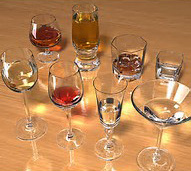 Spirits sales accounted for more tax revenue than beer in 2016, the first time that this has happened. The latest figures from HMRC show that the Treasury took around £3.38 billion from spirit sales compared to £3.32 billion from the sale of beer. This is an increase of 7% over the 2015 figure and it occurred in the year when the Chancellor froze spirit duty, arguably allowing the industry to grow and invest. The UK has the 4th highest spirits duty rates in the EU so the duty increase announced earlier this year in 2017 is a major disappointment. Although the growth in
Spirits sales accounted for more tax revenue than beer in 2016, the first time that this has happened. The latest figures from HMRC show that the Treasury took around £3.38 billion from spirit sales compared to £3.32 billion from the sale of beer. This is an increase of 7% over the 2015 figure and it occurred in the year when the Chancellor froze spirit duty, arguably allowing the industry to grow and invest. The UK has the 4th highest spirits duty rates in the EU so the duty increase announced earlier this year in 2017 is a major disappointment. Although the growth in 